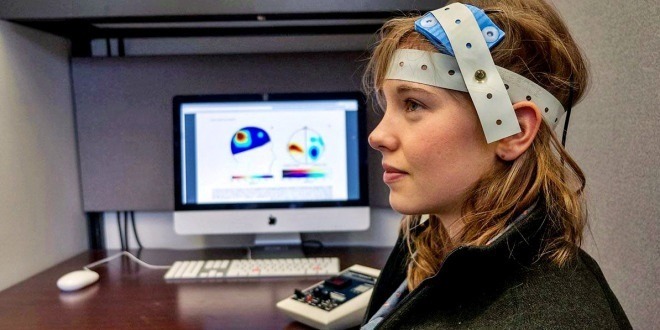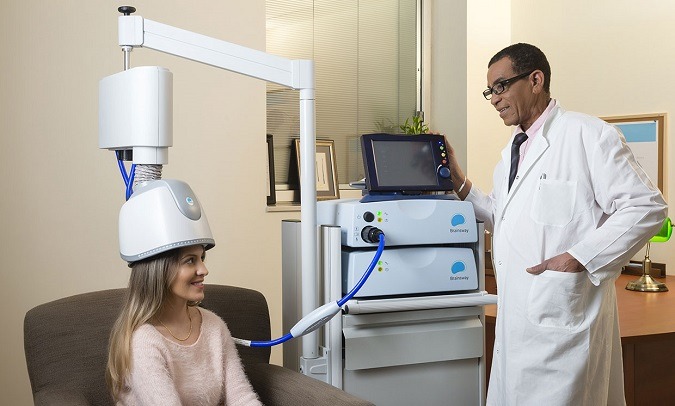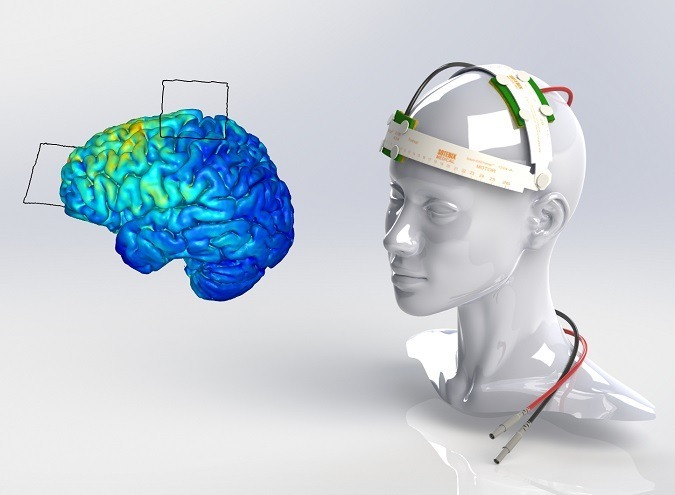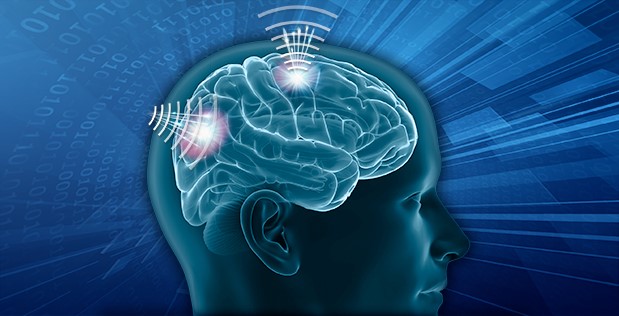Posts Tagged ‘Transcranial-direct-current-stimulation’
Transcranial Direct Current Stimulation shows early promise to ameliorate depression, especially if combined with other therapies and dosage optimized
___ Transcranial Direct Current Stimulation Promising for Major Depressive Disorder (Psychiatry Advisor): “Transcranial direct current stimulation (tDCS) is an investigative modality for major depressive disorder (MDD) that has shown some promising results. Though it has a while before it is approved by the US Food and Drug Administration, clinicians and patients have been clamoring for…
Read MoreFDA clears deep transcranial magnetic stimulation device to treat obsessive-compulsive disorder
BrainsWay’s Brain Stimulation Device Receives FDA Approval to Treat Obsessive-Compulsive Disorder (IEEE Spectrum): “In 2013, Jerusalem-based BrainsWay began marketing a new type of brain stimulation device that uses magnetic pulses to treat major depressive disorder. Now, thanks to positive results in a study of 100 patients, the company has received approval from the U.S. Food…
Read MoretDCS coming to an Equinox gym near you: Good, Bad or Depends?
___ Brain-Zapping Workout Tech Is Coming to an Equinox Near You (Gizmodo): “Athletes are generally willing to entertain any scientific-sounding trend that promises an edge. For reference: Michael Phelps and cupping or Shaquille O’Neal’s energy-enhancing bracelets. Which is probably why Equinox jumped at the chance to offer Halo Neuroscience’s brain-zapping, supposedly performance-enhancing headsets as part of…
Read MoreResearch trend: Combining brain stimulation with cognitive training to enhance attention and memory
In 47 CE, Scribonius Largus, court physician to the Roman emperor Claudius, described in his Compositiones a method for treating chronic migraines: place torpedo fish on the scalps of patients to ease their pain with electric shocks. Largus was on the right path; our brains are comprised of electrical signals that influence how brain cells…
Read MoreDARPA invests in nonsurgical neurotechnologies for eventual use in healthy human subjects
___ Nonsurgical Neural Interfaces Could Significantly Expand Use of Neurotechnology (DARPA News): “Over the past two decades, the international biomedical research community has demonstrated increasingly sophisticated ways to allow a person’s brain to communicate with a device, allowing breakthroughs aimed at improving quality of life, such as access to computers and the internet, and more…
Read MoreWith pharma exiting Alzheimer’s research, new hope (and urgency) seen in the combination of brain training and transcranial direct current stimulation (tDCS)
___ What does the future hold for the war on Alzheimer’s? (The Globe and Mail): “After spending huge sums on clinical trails in recent years, the pharmaceutical industry has failed to find a drug that can halt the mind-robbing disease. And this month, Pfizer announced it is ending its Alzheimer’s research, although other companies haven’t thrown…
Read More





